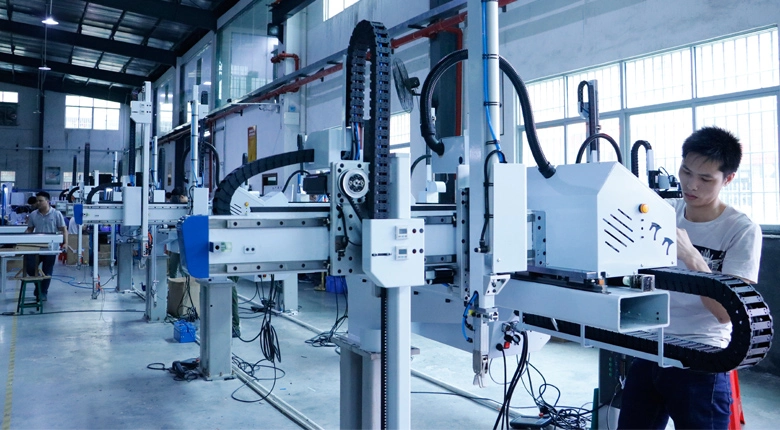Robots Create Wealth

Accodring to Christopher Minms, a contributor for WSJ, "The more robots a country has, the higher its gross domestic product and, on average, the richer its citizens. On the other hand, a country that resists automation loses out not just on wealth creation but on new jobs as well." Many economists reckon that robotic process automation ultimately creats more jobs. Assembly-line workers may find it comfortable and easy to use robots. Though robots does replace human workforce and eliminate jobs in the short term, accompanied with negative consequences. "For the economy as a whole, however, automation drives down prices of goods and services. Humans have so far proved endlessly inventive about how to spend extra money, leading to new businesses—and more jobs."
Among plastic molded products, those with thinner constructions that are used in medical equipment, tableware and kitchen utensils, optical disks and other fields are mass produced. There is a strong call in these fields for higher production efficiency. For that reason, using take out robot in molding processes to shorten total cycle times using higher-speed operation has become a primary focus of interest. A tiny difference of a fraction of a second in the cycle time can mean a huge difference in your overall productivity of the plant. Another demand is for take-out robots that can repeat the same operation many thousands of times in succession without an error. Take out robot that can meet these exacting demands continuously, at ultra-high speeds.
With the explosive growth taking place in the information equipment market, a world record of 0.069 seconds has been achieved in the field of mass-produced plastic cutlery and other optical disks. RUNMA employes take-out robots which can not only reduce labor costs, but also create wealth. The achievements the company made has been highly acclaimed by the industry worldwide.
Next: Cartesian Coordinate Take-out Robots
Previous: What Take-out Robots Consist of?